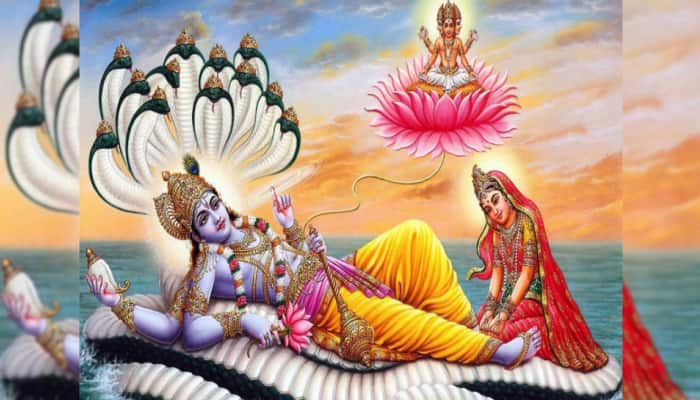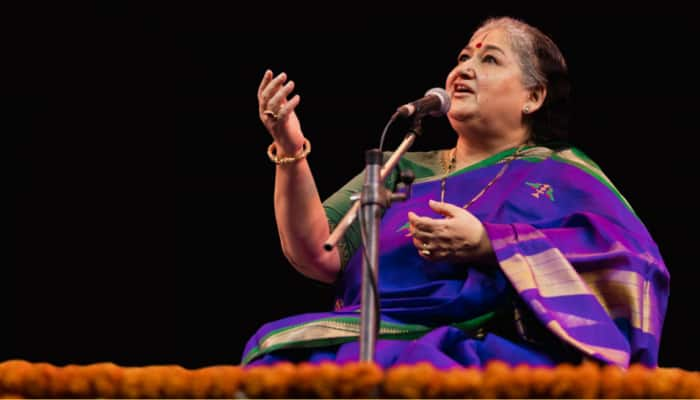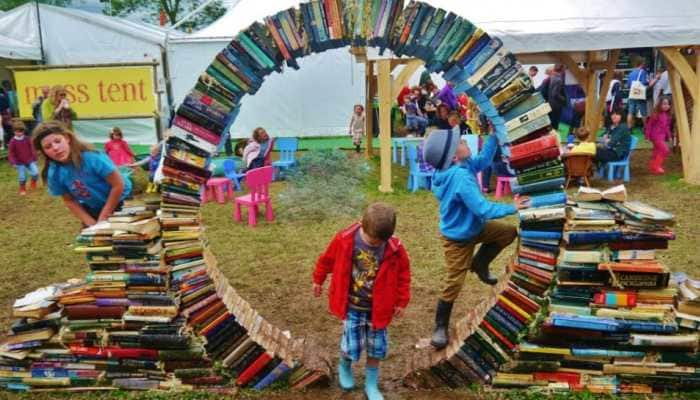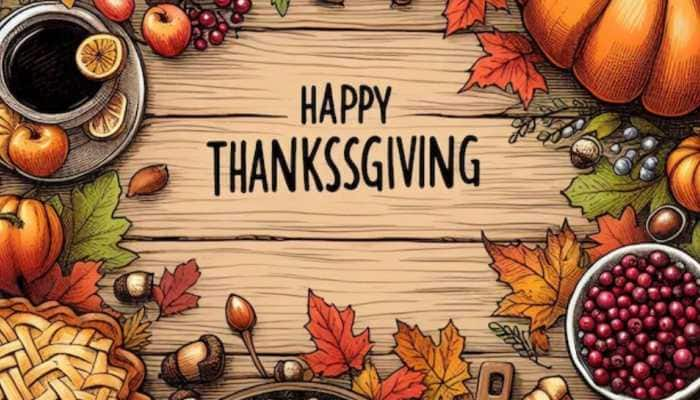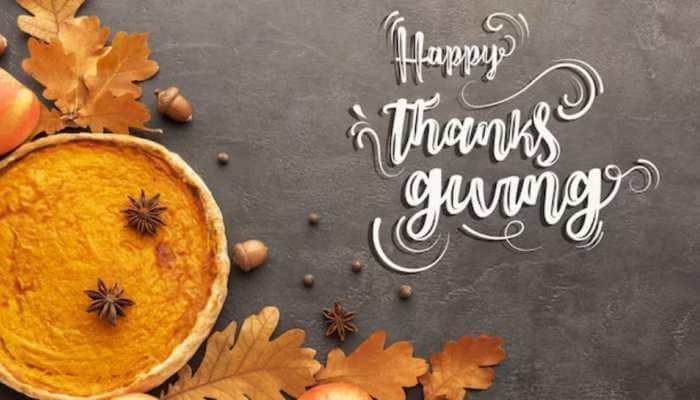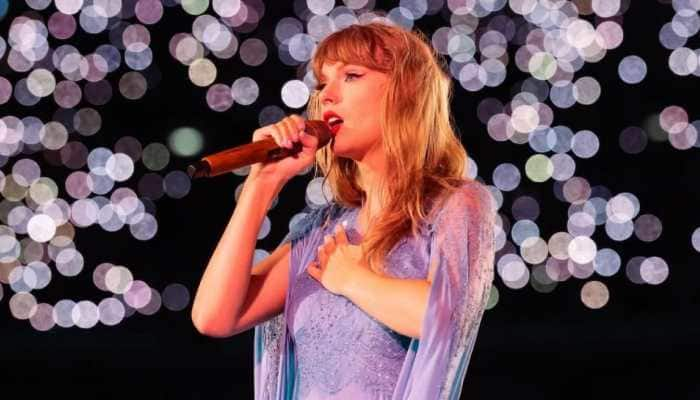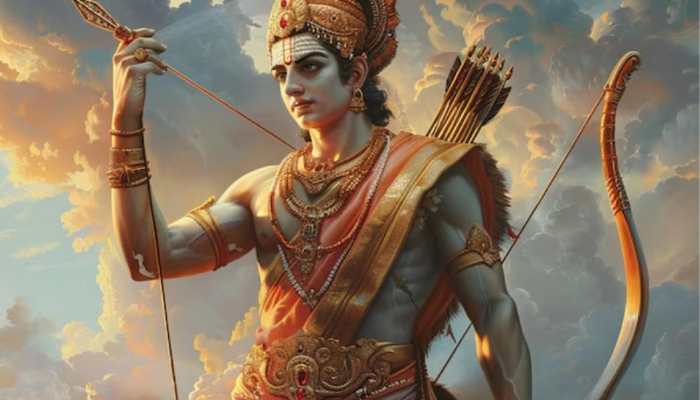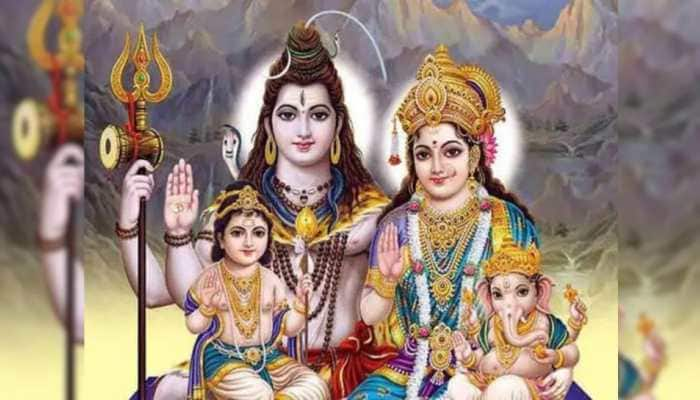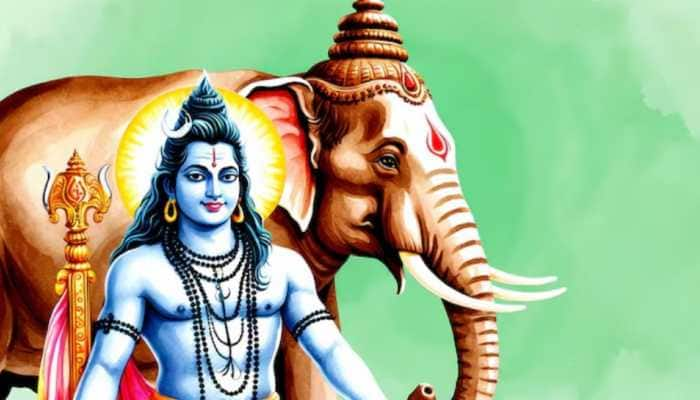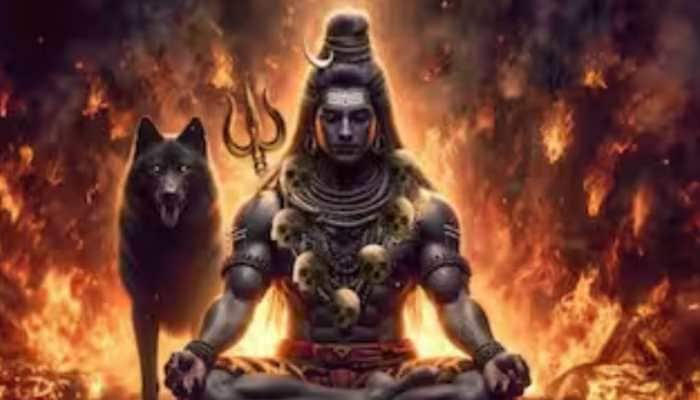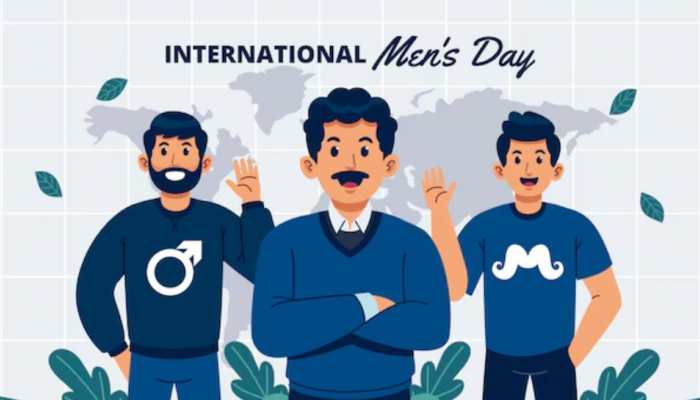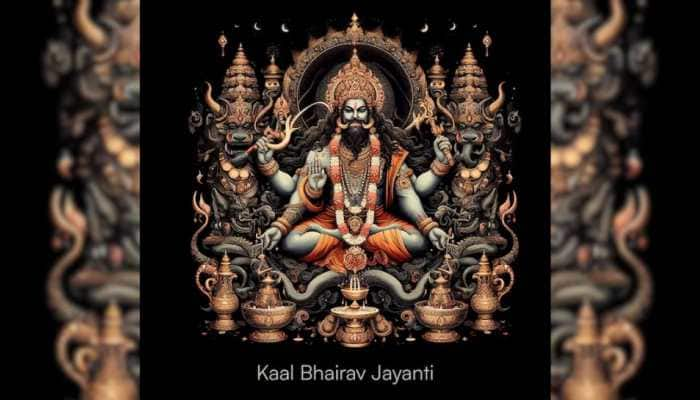Black Friday, now synonymous with doorbuster deals, massive discounts, and the unofficial start of the holiday shopping season, has become one of the most anticipated days for consumers and retailers alike. But where did this tradition originate, and how did it grow into the shopping phenomenon we know today? The term "Black Friday" dates back to the 19th century, but its original usage had nothing to do with shopping. In 1869, it referred to a financial crisis caused by the collapse of the U.S. gold market. However, the modern connection to shopping began in the 1950s in Philadelphia, where the term was used to describe the chaos following Thanksgiving Day. During this period, crowds of suburban shoppers and tourists flooded into the city ahead of the annual Army-Navy football game held on the Saturday after Thanksgiving. Philadelphia police coined the term to describe the hectic traffic jams, crowded streets, and overworked law enforcement officers dealing with the influx of people. By the 1980s, retailers gave the term a more positive spin, linking it to profits. Traditionally, businesses operated "in the red" (losing money) for most of the year and became "in the black" (profitable) during the holiday season. Black Friday came to symbolize the day stores moved into profitability thanks to increased sales. The transformation of Black Friday into a shopping event was gradual: Holiday Shopping Incentives: Retailers began offering significant discounts to attract shoppers after Thanksgiving, turning it into a pivotal day for holiday shopping. Marketing Strategies: In the 1980s and 1990s, businesses embraced the term "Black Friday" in advertisements and campaigns, framing it as a day of exciting deals and savings. Early Bird Deals and Doorbusters: Stores started opening early, offering special "doorbuster" deals to the first wave of customers. These tactics created urgency and hype, leading to long lines and overnight campouts. Cultural Adoption: The frenzy of Black Friday shopping became a cultural event, with families planning their Thanksgiving dinners around early morning shopping trips. The media’s coverage of packed stores and competitive shoppers further fueled its popularity. Global Expansion: The concept of Black Friday has since spread worldwide, with countries like Canada, the UK, India, and others adopting the tradition, tailoring it to their local cultures. The rise of e-commerce has significantly reshaped Black Friday shopping. Online retailers like Amazon introduced their own deals, expanding the tradition beyond brick-and-mortar stores. Events like Cyber Monday emerged, catering to online shoppers and extending the shopping frenzy into the following week. Today, Black Friday has evolved into a month-long event, with pre-Black Friday sales, flash deals, and extended discounts throughout November. Unbeatable Discounts: Consumers flock to stores and websites to grab high-value products at deeply discounted prices. Holiday Preparations: It’s the perfect time for shoppers to kick-start their holiday gift shopping. Cultural Excitement: The buzz, both in stores and online, creates a sense of urgency and excitement. Limited-Time Deals: Retailers use time-sensitive offers to create a fear of missing out (FOMO), driving sales. While the day is celebrated for its deals, Black Friday also has its critics. Overcrowded stores, aggressive shoppers, and excessive consumerism have led some to question the frenzy. Initiatives like Buy Nothing Day encourage people to abstain from shopping and reflect on sustainable consumption. Black Friday’s transformation from a chaotic post-Thanksgiving day in Philadelphia to an international shopping phenomenon is a testament to the power of consumer culture and marketing. Whether you’re a bargain hunter braving the crowds or someone browsing online deals, Black Friday has cemented its place as a cornerstone of holiday traditions around the globe. None
Popular Tags:
Share This Post:
Goa Liberation Day 2024: Know History, Significance, And More
- by Sarkai Info
- December 19, 2024
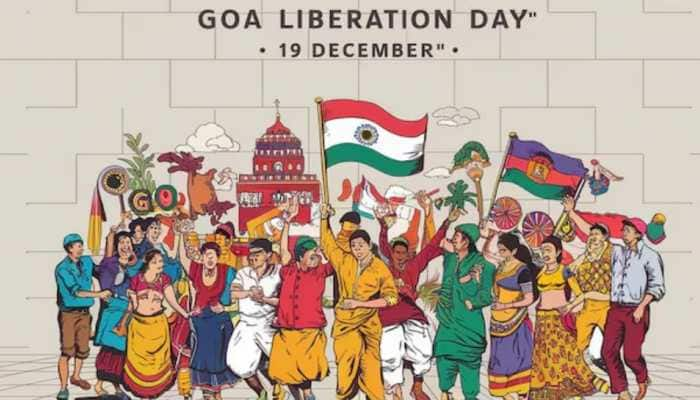
Goa Liberation Day 2024: Messages, Quotes, And Status To Share With Your Family And Friends
December 19, 2024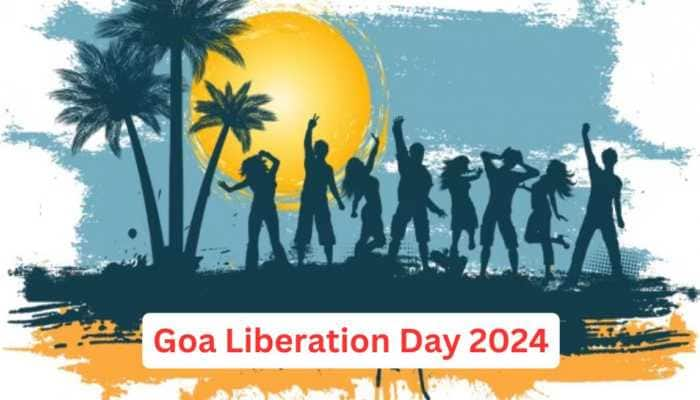
What’s New
Spotlight
Today’s Hot
-
- December 2, 2024
-
- December 2, 2024
-
- December 2, 2024
5 Literature Festivals Coming Up In India This December 2024
- By Sarkai Info
- November 29, 2024
Red Planet Day 2024: Key Details, History, Importance, Theme, And More
- By Sarkai Info
- November 28, 2024
Featured News
Latest From This Week
6 Inspiring Friendships From Hindu Mythology That Teach Us True Loyalty
CULTURE
- by Sarkai Info
- November 26, 2024
Masik Shivaratri November 2024: Date, Time, Significance, And Mantras To Chant
CULTURE
- by Sarkai Info
- November 26, 2024
Trust Your Instincts: The Importance Of Intuition In Everyday Life
CULTURE
- by Sarkai Info
- November 25, 2024
Subscribe To Our Newsletter
No spam, notifications only about new products, updates.


